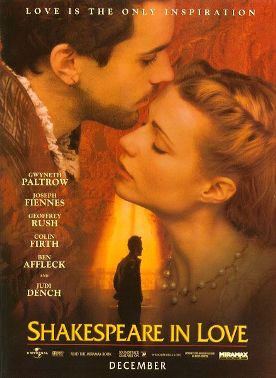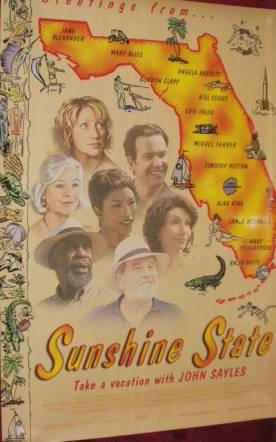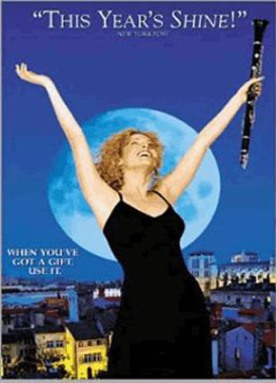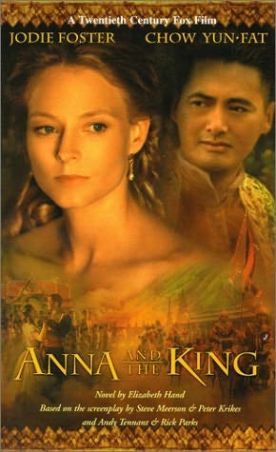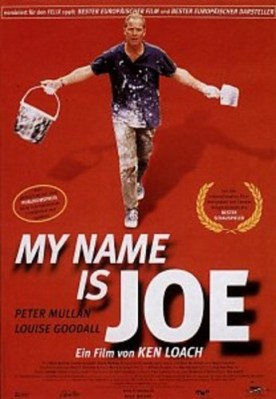Corruptor, The
The Corruptor, directed by James Foley, is a routine shoot-’em-up that briefly aspires to something higher. Chinese supercop Nick Chen (Chow Yun Fat), drawn by the lure of money and easy sex into the underworld of Chinatown, New York, is receiving bribes and kickbacks from a Mr Big of the Chinese rackets, Henry Lee (Ric Young) at the same time he is winning awards and commendations from the NYPD for breaking up street-gangs connected with the same rackets. This is fine with Mr Lee, so long as Chen’s targets are the rival Fukienese Dragons, but his own business remains pretty much untouched. But soon Chen finds assigned to him as partner a white cop called Danny Wallace (Mark Wahlberg) who, he thinks, has “yellow fever”—i.e. a quasi-sexual attraction to things Chinese. In fact, Danny is from Internal Affairs and is investigating him for corruption.
You can see where this is going. You have a standard buddy picture, as the veteran and the greenhorn, who at first don’t like each other, are gradually drawn together by shared danger. Each saves the other’s life. This is a particularly significant thing to do in Chinese culture because it means (they tell us here) that the life you save is yours to dispose of as you wish. I always thought that the Chinese belief was that if you saved someone’s life you were responsible for that person and what he does with the rest of his life, having presumably cheated the fates out of an intended victim. But that would be far too subtle a notion to deal with for a film intent, as this one is, mainly on gunfights and blowing things up.
We know we are being brought to a point where Danny is going to be tempted by the same corruption with which Chen is involved (it helps that his drunken father owes some Italian mafia-types a lot of money). He will also have to choose between loyalty to their burgeoning friendship and turning Chen in to the unpleasant FBI guy (Paul Ben-Victor)—unpleasant as all FBI guys in the movies these days are—who is after him. Both Chen and Danny are meant to be sympathetic to us, partly because the Fukienese opposition are all vicious thugs selling illegal Chinese immigrants into prostitution and our heroes are preventing them from doing so. That they are also presumably causing these immigrants to be sent back to beautiful China is a point that is never mentioned. There is a half-hearted attempt to titillate with mention of a series of murdered prostitutes whose bodies are tossed naked into dumpsters, but this is soon forgotten.
I found the theme of divided loyalties and the temptations to corruption of a policeman, particularly one with strong ties of his own in an ethnic culture hard to separate from its criminal subculture, quite an attractive one. Lee’s representation of himself as a purveyor of illegal but “victimless” goods and services, much to be preferred to the violent Fukienese, seems plausible, and he is certainly able to be helpful to them in doing good in the community as well as to make them richer than they would otherwise be. But in pursuing this theme, the otherwise expensive film proves cheap and shoddy. Danny and Nick both have to make some very hard choices, but then another gun-battle comes along to make the choice unnecessary as the two friends find themselves fighting on the same side again. And when all the gun-battles are over, so is the necessity for the biggest and hardest choice of all. The film raises a serious, grown-up problem only to drop it again, still unresolved—presumably because the film’s makers—James Foley, the director, and Robert Pucci, the screenwriter—think the suckers won’t notice.
This kind of contempt for the audience is also present in a lot of the flashier stuff designed to draw in the teen audience. The glimpses of female flesh, juxtaposed with violence and death, are completely gratuitous, and the spectacle of the buddies careering through the streets of New York City in pursuit of and shooting at some bad guys, who are also shooting at them, is way over the top. Not only does the chase go on for too long, but our excitement in watching it is tempered by the knowledge that real policemen would never endanger hundreds of innocent lives in this fashion or, if they did, that they would instantly cease to be real policemen. Nick ‘n’ Danny are back on the street in no time, shooting some more. But their job, like that of most cinematic cops these days, is not to look remotely human or real. They only have to look cool, and the kids will come to watch.
Discover more from James Bowman
Subscribe to get the latest posts to your email.



